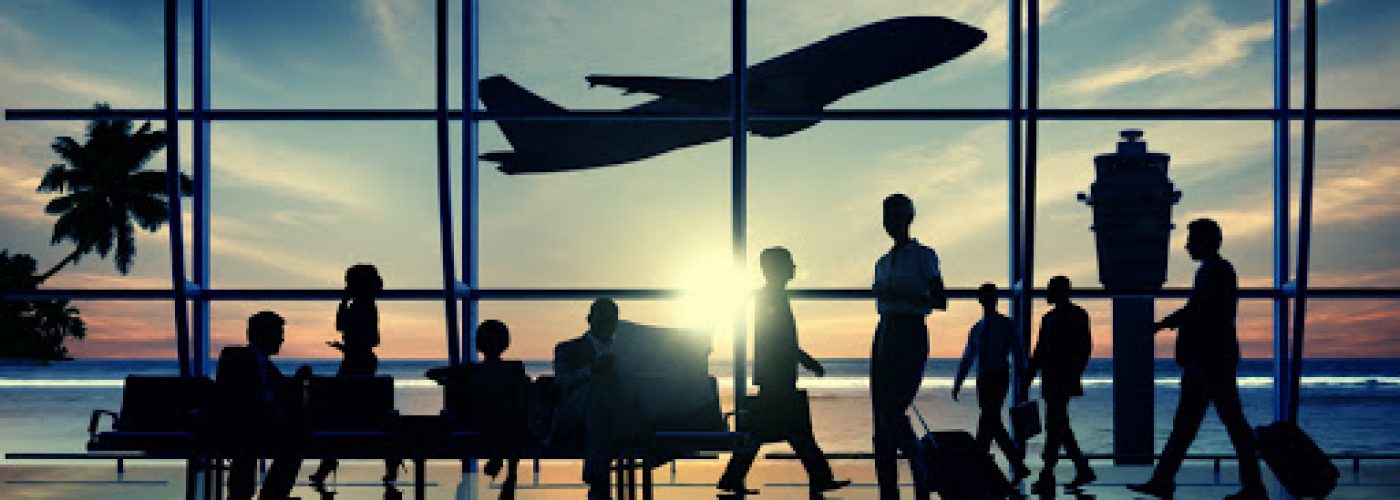For the most part, there are two reasons for travelling from one place to another. The first is pleasure: we want to see the world, sample new tastes and sensations, and take a break from working life. The second reason is business. In today’s interconnected world, businesses which operate internationally cannot silo their various branches away – they must occasionally send representatives from one place to another.
Of course, the opportunities to do this are being heavily limited by the effects of the unfolding coronavirus pandemic, and it remains to be seen what effect this will have on the way international business operates. It is likely that alternative means of payment will be considered for employees less sure of the hours they need to be in the office – carnet tickets represent a flexible option that is likely to be popular.
But why was it that we travelled for business in the first place?
Why we travelled for business
Network
If you’re at a trade show or conference, you’ll have a unique opportunity to interact with your peers – and doing so is near-essential. This is where representatives with social skills will help to get your brand out there.
Opportunity
The rate at which prospects can be converted into customers vastly increases with the help of a face-to-face meeting. Some larger companies would not even think of signing a contract unless some form of real-world contact has been established. And if you’re signing international contracts, then some form of travel is always necessary.
Human Interaction
Face-to-face contact is advantageous for several reasons. It allows us to put a face to what might be a name on an email, and help individuals to endure for longer in the memory. Another plus side is that it will reduce the chance of a miscommunication.
Business Travel Spend Through the Years
According to Statista, business spending on travel has steadily increased in Britain over the last decade, from just under forty billion in 2010 to just over fifty billion in 2017. It remains to be seen whether the current nosedive in business travel represents a fundamental change, or a temporary blip before business-as-usual is restored.
Effects of Brexit
While Brexit might seem like a bit of a sideshow now, there’s no doubting that the effects it will have on business will still be consequential in the long-term. They just won’t be anywhere near as seismic as those of Covid-19. Freedom of movement across Europe will be restricted, and thus travellers may need to seek documentation prior to travelling to the mainland. Moreover, delays along the way are possible. For those travelling frequently, these might amount to a nuisance, and a drain on the scarcest of resources: time.
But documentation isn’t the only thing that will drain your precious time. Other things like carrying heavy luggage and queuing to store them can also waste this scarce resource called time. While you may have no control over the effects of Brexit on business travel, you can at least ensure that minor things do not waste your time. Regarding luggage issues, for example, you can opt for luggage storage solutions. For example, if you’re in London, you’ll find options like left luggage Waterloo very helpful if you need to leave heavy luggage behind.





